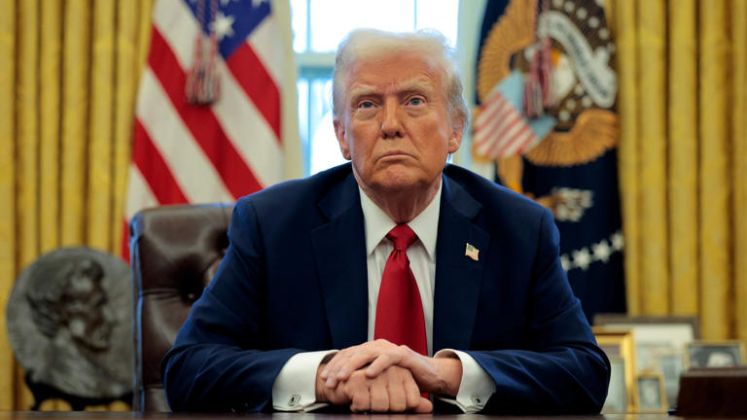
In response to President Donald Trump’s announcement on social media that the US is halting tariffs on imports from Mexico and Canada, two important export markets for the US textile industry, for one month, the National Council of Textile Organisations (NCTO), which represents the entire range of US textiles from fibre to finished sewn products, has released a statement from President and CEO Kim Glas.
The group expresses gratitude to President Trump for reaching a deal with Canada and Mexico to temporarily halt the proposed 25 per cent penalty tariffs on their goods.
Canada is the third-biggest market for American textiles, whereas Mexico is the main export destination for American fibres, yarns, and fabrics. These nations sustain 500,000 textile jobs in the United States by acting as partners in the crucial North American textile and apparel coproduction chain.
The United States-Mexico-Canada Agreement (USMCA), which all three nations have ratified, is by far the biggest export market for American textiles, accounting for US $ 12.5 billion in total US exports, or 53 per cent of our yearly total. China and Asia are direct competitors of this North American coproduction network.
The organisation also put forth a few steps that the US Government can take to confront what it called China’s “predatory trade practices” which include:
Raising duties on China that are far higher than the suggested 10 per cent on textiles and completed clothing. Penalty tariffs on China should never be less than those imposed on trading partners in North America.
Removing for all nations—including Canada and Mexico—the de minimis tariff waiver exception. Due to this loophole, importers are able to avoid paying tariffs on goods worth billions of dollars.
Stepping up customs enforcement to prevent illicit undervaluation, incorrect import classification, and the transshipment of textile and clothing products across areas covered by free trade agreements in order to evade taxes.
Increasing the severity of customs penalties for repeat offenders and making repeat offenders and blacklists publicly available.
Penalise nations that are breaking US trade regulations and acting as a conduit for illicitly subsidised Chinese inputs and final goods into the US market.






